Estate planning is the proactive process of putting together a plan, which will allow someone to step into your shoes to manage your assets in the event of your incapacity and carry out your wishes after your lifetime. The basic estate planning documents generally consist of the following: a will, disposition of remains, revocable living trust (if needed), durable power of attorney, advance health care directive, and HIPAA Release Form.
BASIC ESTATE PLANNING DOCUMENTS
1. WILL
A properly executed will determines the distribution of real and personal property at death and names a person to administer the estate. Jointly owned property will pass automatically to the surviving owner(s) and will not be affected by your will.
2. DISPOSITION OF REMAINS
After life, this burial instructions document designates how remains are handled (usually cremation vs. burial), who works with the mortuary or crematory, and may include other specific instructions.
3. REVOCABLE LIVING TRUST
A trust can be used to avoid probate, which may save some settlement costs, especially if you own real property located outside of Hawai`i. A trust can be helpful in the event of your incapacity and can provide for management of assets for children or other beneficiaries after your death. At times, a trust may also be indicated for estate tax reasons.
4. DURABLE POWER OF ATTORNEY
A power of attorney appoints another individual to act as your agent on your behalf. This document can be especially important if you become incapacitated. The alternative, a court-appointed guardian, requires legal proceedings that can be slow, expensive, public, and onerous over time.
5. ADVANCE HEALTH CARE DIRECTIVE
An advance health care directive (referred to sometimes as a Living Will and Healthcare Power of Attorney) facilitates the making of health care decisions by your agent if you are unable to make them yourself. Not having an advance health care directive leaves such decisions to your doctor and may result in uncertainty and family disharmony.
6. HIPPA RELEASE FORM
The Health Insurance Portability and Accountability Act (HIPAA) protects privacy of personal medical information. This form authorizes the disclosure of personal health information to the persons/entities designated, which is useful in the event of incapacity.
MAKE AN INFORMED DECISION
There are many misconceptions about estate planning. For example, while many people may believe they must avoid probate by using a revocable living trust, in actuality a simple will may suffice. Now that Hawaii has adopted the Uniform Probate Code, probate administration can often be uncomplicated, expedient and more economical than creation of a trust. Circumstances vary, however, and the perfect estate plan in one person's situation can be a terrible plan for someone else. Estate planning is not a one-size-fits-all proposition.
This blog does not contain legal advice. You should not rely on this to determine what is in your own best interest. For legal advice, specific to your situation, you must meet with an attorney. All posts are based on hypothetical scenarios, not the actual circumstances of real clients.
JOHN ROTH
is the founder of Hawaii Trust & Estate Counsel, a statewide Hawaii estate planning law firm with offices in Waimea, Hilo, Kona, and Honolulu. He has taught Estate Planning at the Richardson School of Law, and business law courses at the University of Hawaii—Hilo. He has resided in North Hawaii since 2008....MORE





What assets should you put in your trust? Avoiding probate, planning in case of incapacity, and making things as easier for loved ones after your death are all things to consider.